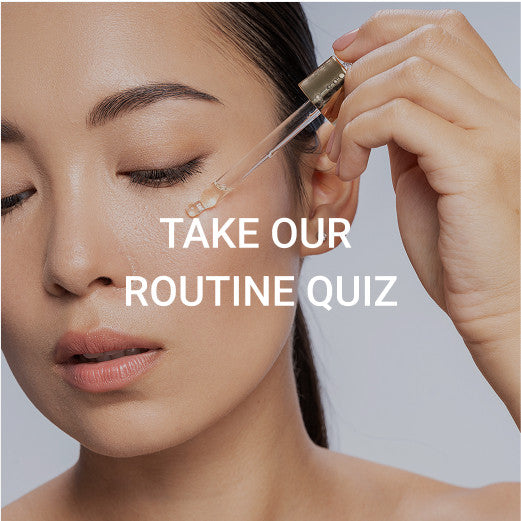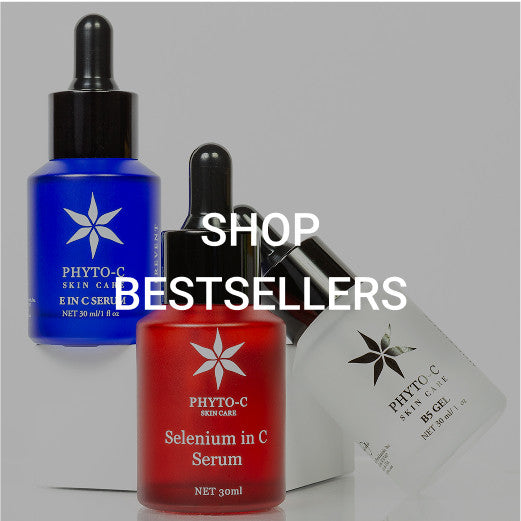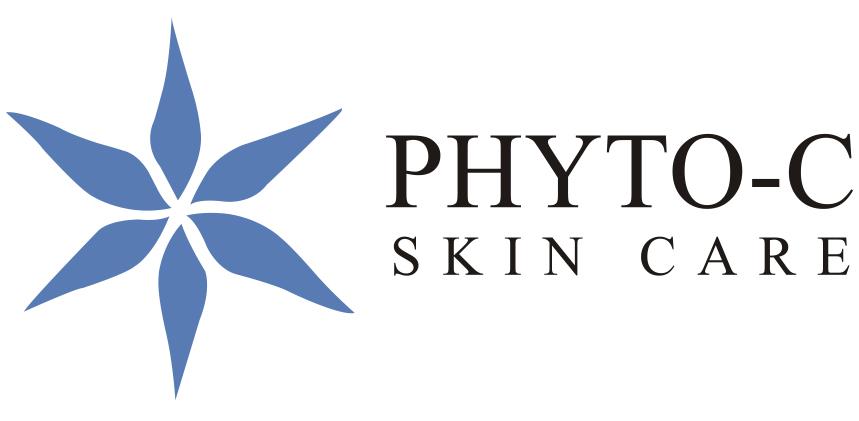Ageing is a beautiful part of life, but that doesn’t mean we can’t take steps to keep our skin healthy, glowing, and radiant as the years go by. One skincare ingredient that dermatologists and skincare enthusiasts swear by is Vitamin C. Whether you're seeing your first fine lines or have fully embraced mature skin, incorporating vitamin C skincare into your routine can offer serious anti-ageing benefits.
So, how does vitamin C help with anti-ageing? Let’s dive into the science, the benefits, and the best ways to use it effectively—especially if you have sensitive or mature skin.
What Does Vitamin C Actually Do for Your Skin?
You might be wondering, “Why is Vitamin C so hyped in skincare?” or “What are the actual Vitamin C serum benefits?”
Vitamin C, also known as ascorbic acid, is a powerful antioxidant. It fights free radicals—those unstable molecules that break down your skin's collagen and cause fine lines, dullness, and sagging. By neutralising free radicals, Vitamin C helps your skin regenerate and look healthier.
One of the biggest reasons people love Vitamin C serum for face is that it brightens the skin. It reduces dark spots, helps fade hyperpigmentation, and gives your complexion a glow that no highlighter can replicate.
Can Vitamin C Serums Really Help With Wrinkles?
Vitamin C boosts collagen production, a protein that naturally decreases with age. Collagen is what keeps your skin plump, smooth, and wrinkle-free. With consistent use of a Vitamin C serum, your skin can appear firmer, smoother, and more youthful over time. That’s why it’s one of the best natural solutions for fighting signs of ageing.
Is 20% Vitamin C Too Strong for Mature Skin?
You might have seen serums labeled 20% Vitamin C serum and wondered if it’s too harsh—especially if you have sensitive skin.
In general, 20% concentration is considered the upper limit for effectiveness in over-the-counter skincare products. It offers powerful results when it comes to fading age spots and stimulating collagen, but it may be too potent for those with reactive or delicate skin.
If you’re wondering, “Is Vitamin C serum for sensitive skin online safe to use every day?”—yes, but you’ll want to start with a lower concentration (like 10% or 15%) and work your way up to 20% if your skin tolerates it well.
What Are the Best Anti-Ageing Benefits of Vitamin C?
Let’s break it down. These are the most talked-about Vitamin C serum benefits for mature skin:
Reduces Wrinkles and Fine Lines
Vitamin C helps your skin make more collagen—the protein that keeps your skin smooth and firm. As we age, collagen levels drop, causing fine lines and wrinkles. Regular use of Vitamin C serum can make your skin feel plumper, smoother, and reduce visible signs of ageing over time.
Fades Age Spots
Dark spots and uneven skin tone are common with age. Vitamin C reduces the amount of melanin your skin produces, which helps fade these age spots gently. Over time, using Vitamin C can make your skin tone look more even, giving you a cleaner, fresher look with fewer discolorations.
Brightens Dull Skin
As we get older, skin can look tired or dull. Vitamin C is known to revive your natural glow by helping remove dead skin cells and speeding up cell turnover. This makes your face look fresher, more radiant, and full of life, even if you haven’t had much sleep.
Improves Elasticity
Loose or sagging skin is another sign of ageing. Vitamin C helps strengthen the skin's structure by boosting collagen and elastin. This makes your skin feel firmer and bouncier. With regular use, your skin can look more lifted and youthful, especially around the cheeks, jawline, and under-eye areas.
Protects Against Sun Damage
While Vitamin C isn’t a sunscreen, it acts like a shield against damage caused by the sun and pollution. It helps your skin fight harmful free radicals that age your skin faster. When used daily with SPF, Vitamin C keeps your skin protected, healthy, and looking younger for longer.
Still wondering, “Are Vitamin C serums good for mature skin?” Absolutely. It’s a game-changer when used correctly and consistently.
How Should You Apply Vitamin C Serum?
Here’s a common voice-search question: “How do I use Vitamin C serum in my skincare routine?”
Follow these steps for best results:
- Cleanse your face thoroughly in the morning.
- Apply Vitamin C serum for face while your skin is slightly damp.
- Wait a minute and then apply your moisturiser.
- Always apply sunscreen on top, especially during the day.
Using Vitamin C in your morning routine protects your skin from environmental stress throughout the day and boosts radiance immediately.
What Skin Types Can Use Vitamin C?
Yes! People with sensitive or mature skin should look for products that contain Vitamin C in gentler forms like sodium ascorbyl phosphate or magnesium ascorbyl phosphate. These are less irritating than pure ascorbic acid and still offer great results.
Look for serums that also include hydrating ingredients like hyaluronic acid, aloe vera, or niacinamide to soothe and protect your skin barrier.
How Long Before You See Results?
Another question that often pops up: “How long does Vitamin C take to work on wrinkles or dark spots?”
With consistent daily use, you can expect to see brighter, more even-toned skin in 2–4 weeks, and improvements in fine lines and elasticity in 8–12 weeks. But like all skincare products, results depend on your skin type, the formulation, and how regularly you use it. Patience and consistency are key.
Which Vitamin C Serum is Best for Anti-Ageing?
The market is full of options, but if you're wondering, “Which Vitamin C serum is best for ageing or mature skin?”—consider the following checklist:
- Concentration: The strength of Vitamin C in a serum matters. A concentration between 10% and 20% is ideal for most people. If you're new to Vitamin C or have sensitive skin, start with 10% to avoid irritation. Higher concentrations (closer to 20%) deliver faster results but may sting or cause dryness if your skin isn't used to it. Always start low and go slow—your skin will thank you!
- Form: L-ascorbic acid for fast results; derivatives for sensitive skin. Not all Vitamin C is created equal. L-ascorbic acid is the purest and most powerful form. It works fast to brighten skin and reduce signs of ageing, but it can sometimes cause irritation. If your skin is sensitive, look for gentler forms like sodium ascorbyl phosphate or magnesium ascorbyl phosphate. These deliver similar benefits but are milder and less likely to cause redness or dryness.
- pH level: The pH of a Vitamin C serum affects how well it penetrates your skin. For L-ascorbic acid to be effective, it needs a slightly acidic pH—ideally between 3 and 4. If the pH is too high, the serum won’t absorb well. If it’s too low, it might be too harsh. Quality products strike the perfect balance so your skin can absorb all the good stuff without getting irritated.
- Packaging: Vitamin C is a fragile ingredient. It breaks down quickly when exposed to light, air, or heat. That’s why good serums come in dark amber or opaque bottles, or even better—airless pumps. These protect the product from oxidising, which keeps it fresh and effective for longer. If your serum turns brown or smells off, it’s likely oxidised and no longer working.
- Added ingredients: Certain ingredients boost the power of Vitamin C. Vitamin E and ferulic acid are antioxidants that make Vitamin C more stable and effective. They also offer added protection against UV damage. Hyaluronic acid is a hydrating hero that locks in moisture and keeps your skin plump. When combined, these ingredients create a well-rounded formula that fights ageing, boosts glow, and keeps your skin comfortable.
If you're shopping for Vitamin C serum for sensitive skin online, always check reviews, patch test, and consult a dermatologist if you're unsure.
Can You Use Vitamin C With Other Anti-Ageing Ingredients?
One popular voice search query is: “Can I use Vitamin C with retinol or hyaluronic acid?”
Yes, with care. While Vitamin C skincare and retinol are both powerhouses, using them together in the same routine can irritate sensitive skin. Try using Vitamin C in the morning and retinol at night.
Vitamin C and hyaluronic acid, however, work beautifully together. Hyaluronic acid helps hydrate the skin and locks in the brightening and firming benefits of Vitamin C.
Final Thoughts: Is It Worth Investing in Vitamin C?
Yes, mature skin often needs a bit more support to maintain its natural glow, elasticity, and smooth texture. Using a Vitamin C serum (if your skin can handle it) can dramatically improve signs of aging without resorting to invasive treatments. It's not a miracle overnight fix—but with consistent use, the results can be game-changing. Glowing, firm, and youthful skin might just be a few drops away. For the best results, opt for dermatologist-formulated serums such as Phyto-C Skin Care with tried and tested results to back their claims.
FAQs:
1. Does Vitamin C serum work well with moisturisers for ageing skin?
Absolutely! Vitamin C pairs well with moisturisers, especially those with hyaluronic acid, peptides, or ceramides. Apply Vitamin C serum first, let it absorb, and then follow with your moisturiser. This seals in the active ingredients and keeps your skin hydrated and firm throughout the day.
2. What’s the best time to apply Vitamin C serum for anti-ageing results?
Morning is the ideal time to apply Vitamin C serum. It offers antioxidant protection against daily stressors like the sun, pollution, and free radicals. Using it in the morning under your sunscreen helps prevent premature ageing and boosts your skin’s natural brightness and resilience.
3. Can I use Vitamin C around my eyes to reduce fine lines?
Yes—but gently. The skin around your eyes is thinner and more delicate, so it’s best to use a specially formulated Vitamin C eye serum or a low-concentration product. Pat gently with your ring finger and avoid getting too close to your lash line to prevent irritation.
4. How do I know if my Vitamin C serum has expired or oxidised?
If your serum has changed colour—turning dark orange or brown—it has likely oxidised and lost its potency. A metallic smell or sticky texture is another warning sign. Always store Vitamin C serums in a cool, dark place, and use them within 3–6 months of opening for best results.


 My Account
My Account Our Story
Our Story Shipping Information
Shipping Information Returns
Returns FAQ
FAQ VIP Rewards
VIP Rewards Contact Us
Contact Us

 Next Post
Next Post